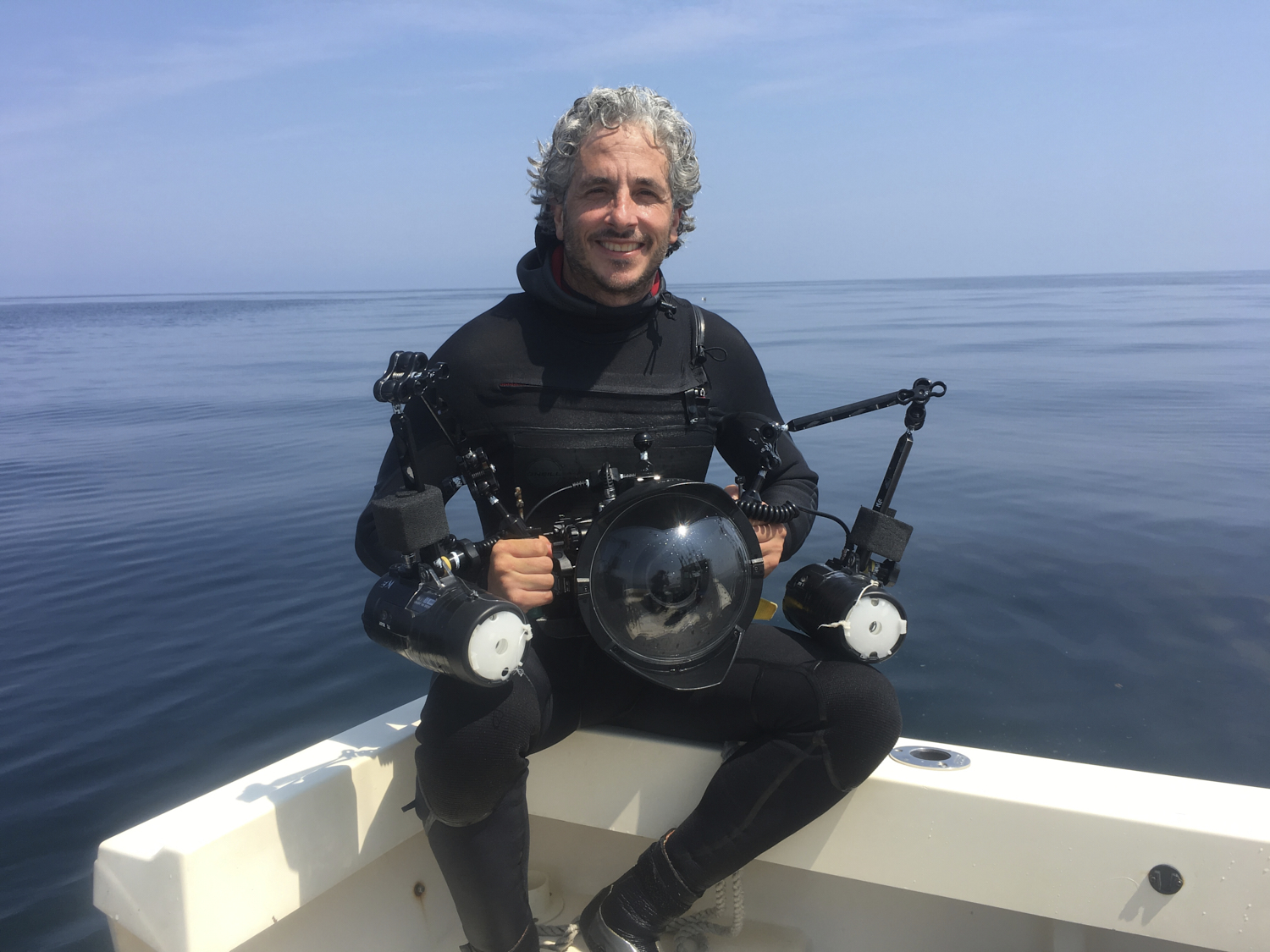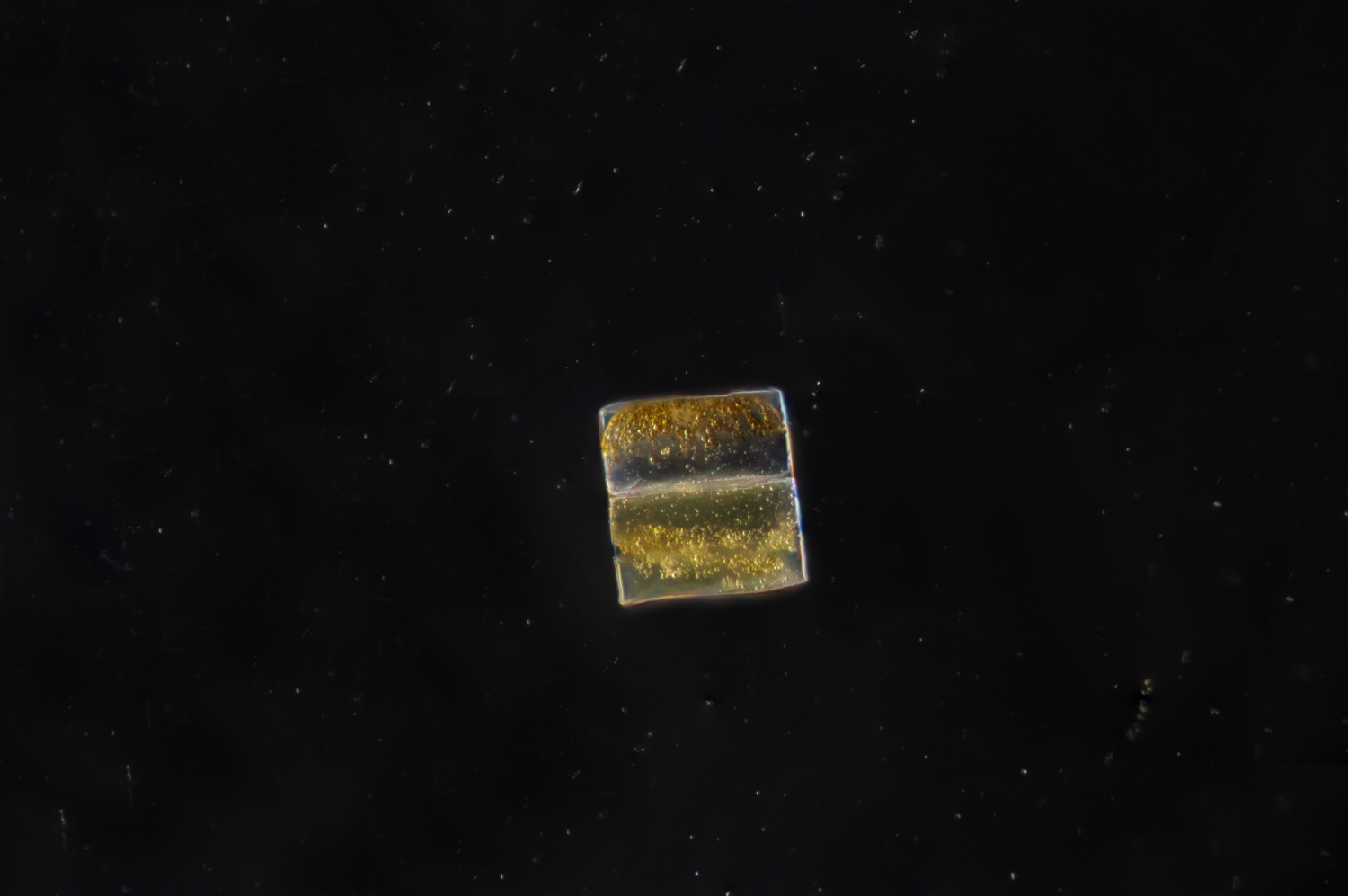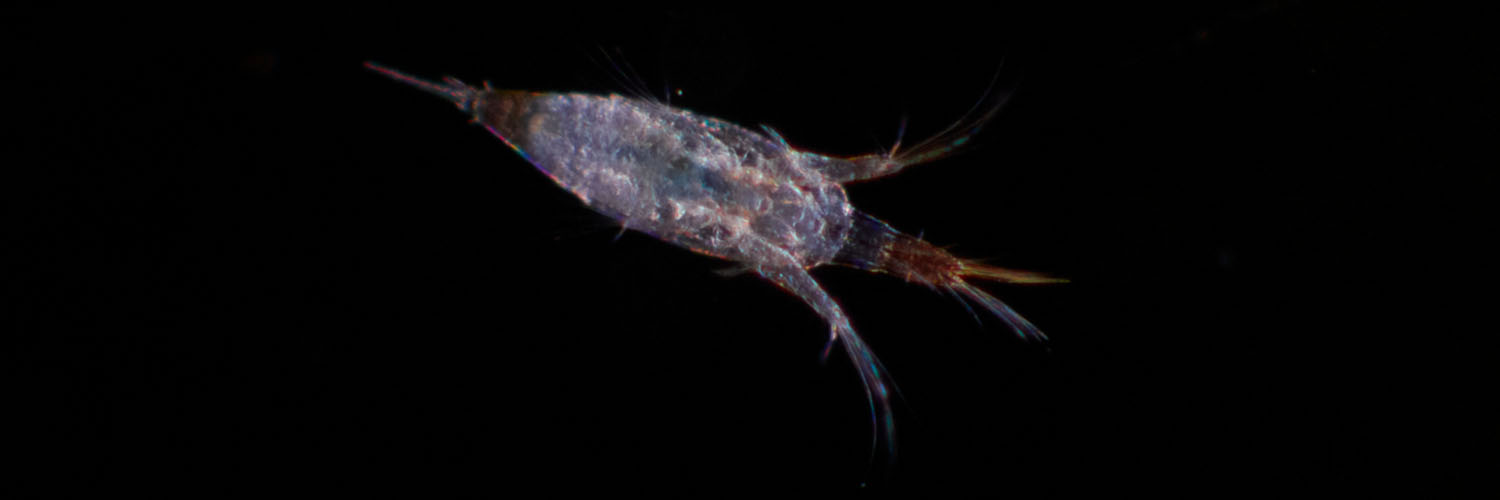








A celebrated underwater photographer, Keith Ellenbogen is the recipient of an Ernest F. Hollings Ocean Awareness Award for his work that showcases the dynamic marine wildlife off the coast of Massachusetts and within Stellwagen Bank National Marine Sanctuary. Keith is an Associate Professor of Photography at SUNY/Fashion Institute of Technology; Visiting Artist at Massachusetts Institute of Technology / MIT Sea Grant; Senior Fellow at The International League of Conservation Photographers; Fellow, at The Explorers Club; and is affiliated with the New England Aquarium’s Anderson Cabot Center for Ocean Life. Keith has spent over four years capturing the beauty and drama of marine life for this project. Diving with marine mammals is normally prohibited. Keith holds a NOAA Marine Mammal Photography Permit, which allows him unique access to photograph marine mammals.


A celebrated underwater photographer, Keith Ellenbogen is
the recipient of an Ernest F. Hollings Ocean Awareness Award for his
work that showcases the dynamic marine wildlife off the coast of
Massachusetts and within Stellwagen Bank National Marine Sanctuary.
Keith is an Associate Professor of Photography at SUNY/Fashion
Institute of Technology; Visiting Artist at Massachusetts Institute of
Technology / MIT Sea Grant; Senior Fellow at The International League
of Conservation Photographers; Fellow, at The Explorers Club; and an
Affiliate Partner, Mission Blue – A Sylvia Earle Alliance. Keith has
spent over four years capturing the beauty and drama of marine life
for this project. Diving with marine mammals is normally prohibited.
Keith holds a NOAA Marine Mammal Photography Permit, which allows him
unique access to photograph marine mammals.
THE ARTIST
Keith Ellenbogen
Project Lead
646-234-9473
kellenbogen@gmail.com
www.keithellenbogen.com
MIT SEA GRANT
Lily Keyes
MITSG Communications Specialist
617-253-3461
keyes@mit.edu

Descending into the cold waters, I sense the currents and wildlife
moving in three-dimensional space. The open ocean is vast, appearing
mostly empty with pockets of life that frequently thrive just beyond the
range of underwater visibility. Instead of hiking boots, backpacks, and
binoculars, it is fins, masks, wetsuits, snorkels, and SCUBA diving
equipment that allow me to explore the underwater world. My movements,
my heartbeat, and ability to navigate within a liquid medium are among
the skills I have developed throughout my career preparing for expected
and unexpected ocean encounters.
Each portrait enables the viewer to imagine their own personal
encounter. Descend with Keith as he photographs a torpedo ray at a depth
of a 100ft that is capable of emitting electricity to stun or kill its
prey. Freedive with a 17ft, 3,000lb. great white shark. Explore the
microscopic world of photosynthetic dinoflagellates, like the three
Ceratium featured on the front panel. Join Keith and a network of
scientists, policy makers, and ocean conservationists working to protect
endangered species such as the North Atlantic right whale and Kemp’s
ridley sea turtles.

The National Marine Sanctuary Foundation Ernest F. Hollings Ocean Awareness Award aims to increase stewardship of natural and cultural resources in America’s neighboring oceans and Great Lakes. Established in 2005, the award reflects the National Marine Sanctuary Foundation’s commitment to the legacy of U.S. Senator Ernest F. Hollings, who authored an extraordinary range of laws to safeguard America’s oceans and coasts. To date, the Foundation has awarded nearly $2 million to more than 60 groups for research, conservation, education and outreach projects supporting the National Marine Sanctuary System and healthy oceans.
For over 40 years, MIT Sea Grant has brought the expertise of the Massachusetts Institute of Technology to bear on ocean-related challenges through research, education and outreach. A Federal-Institute partnership funded by the National Oceanic and Atmospheric Administration, MIT Sea Grant is dedicated to address challenges to our fragile coastal and marine resources and the people who depend on them and this is greatly facilitated by increased ocean awareness through connecting arts and sciences.
Stellwagen Bank National Marine Sanctuary is located in our backyard, just 25 nautical miles off the coast of Boston, between Cape Ann and Cape Cod. Similar to our national parks, marine sanctuaries are federally designated areas that protect important natural marine environments and historic resources, while hosting extraordinary recreational activities such as whale watching, fishing, bird watching and shipwreck diving.
The National Marine Sanctuary Foundation is the chief non-profit partner for our National Marine Sanctuary System. The Foundation focuses on conserving areas of national significance in America’s neighboring oceans and Great Lakes by engaging citizens and communities in education, research, and on-the-ground conservation work.
The National Marine Sanctuary Foundation Ernest F. Hollings Ocean Awareness Award aims to increase stewardship of natural and cultural resources in America’s neighboring oceans and Great Lakes. Established in 2005, the award reflects the National Marine Sanctuary Foundation’s commitment to the legacy of U.S. Senator Ernest F. Hollings, who authored an extraordinary range of laws to safeguard America’s oceans and coasts. To date, the Foundation has awarded nearly $2 million to more than 60 groups for research, conservation, education and outreach projects supporting the National Marine Sanctuary System and healthy oceans.
For over 40 years, MIT Sea Grant has brought the expertise of the Massachusetts Institute of Technology to bear on ocean-related challenges through research, education and outreach. A Federal-Institute partnership funded by the National Oceanic and Atmospheric Administration, MIT Sea Grant is dedicated to address challenges to our fragile coastal and marine resources and the people who depend on them and this is greatly facilitated by increased ocean awareness through connecting arts and sciences.
Stellwagen Bank National Marine Sanctuary is located in our backyard, just 25 nautical miles off the coast of Boston, between Cape Ann and Cape Cod. Similar to our national parks, marine sanctuaries are federally designated areas that protect important natural marine environments and historic resources, while hosting extraordinary recreational activities such as whale watching, fishing, bird watching and shipwreck diving.
The National Marine Sanctuary Foundation is the chief non-profit partner for our National Marine Sanctuary System. The Foundation focuses on conserving areas of national significance in America’s neighboring oceans and Great Lakes by engaging citizens and communities in education, research, and on-the-ground conservation work.
